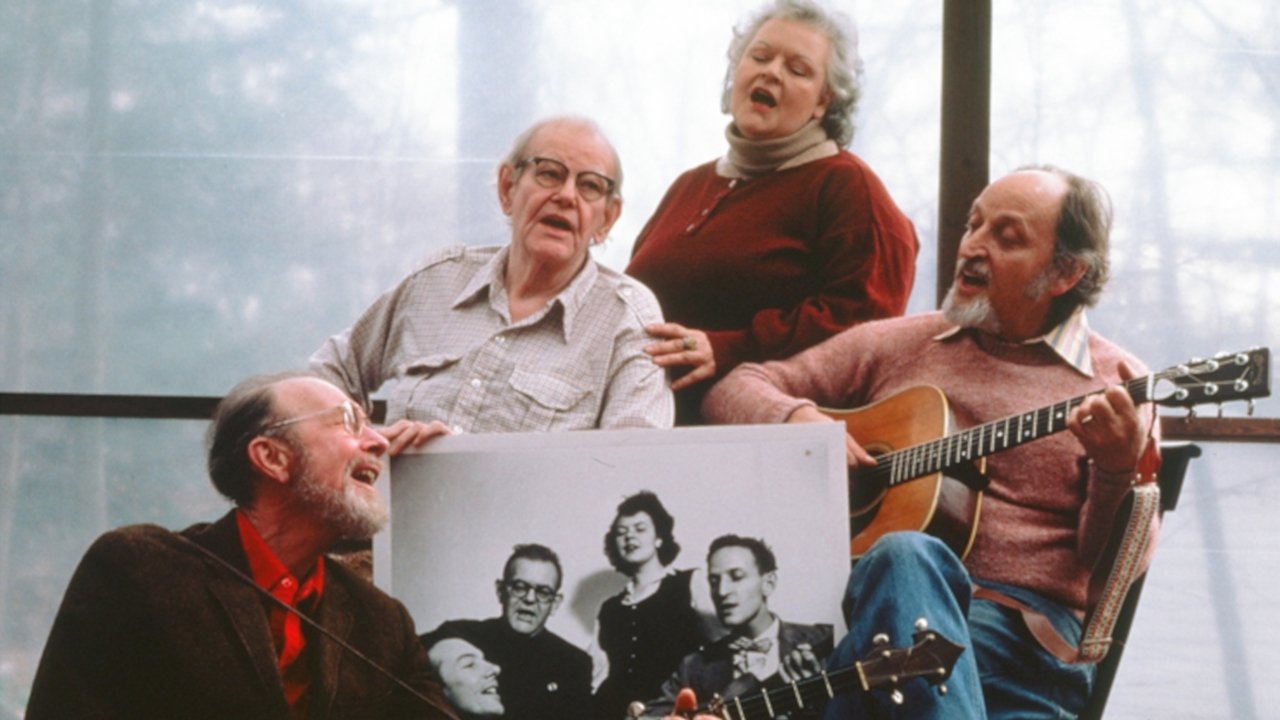
The Weavers: Wasn't That a Time (1982)
Documentary about the blacklisted folk group The Weavers, and the events leading up to their triumphant return to Carnegie Hall.

Documentary about the blacklisted folk group The Weavers, and the events leading up to their triumphant return to Carnegie Hall.
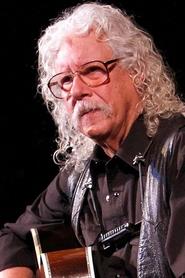 Arlo GuthrieSelf
Arlo GuthrieSelf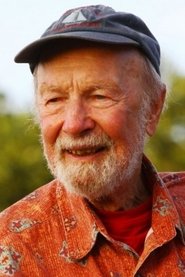 Pete SeegerSelf
Pete SeegerSelf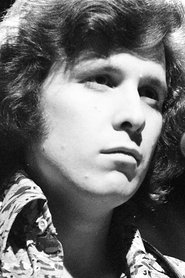 Don McLeanSelf
Don McLeanSelf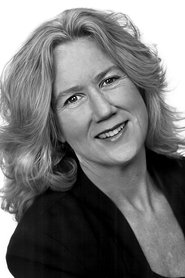 Holly NearSelf
Holly NearSelf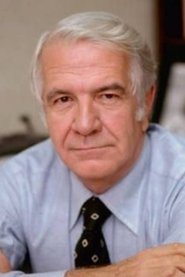 Harry ReasonerSelf
Harry ReasonerSelf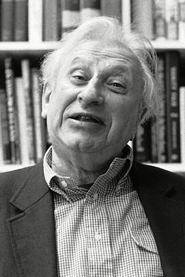 Studs TerkelSelf
Studs TerkelSelf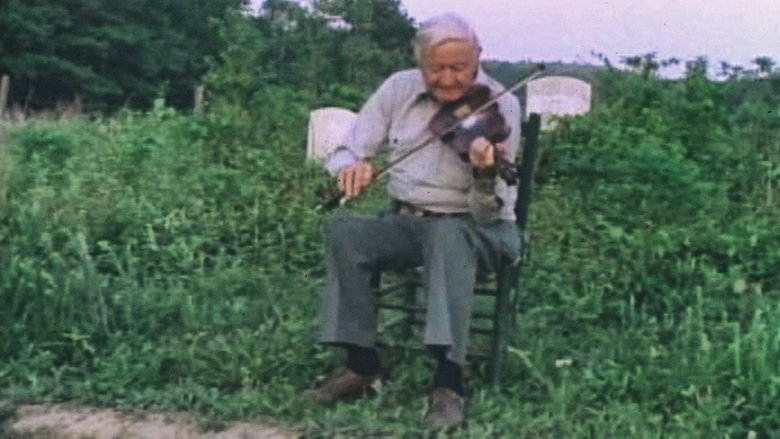
Set in the North Carolina Appalachians, Sprout Wings and Fly honors the fiddle playing of 82-year-old Tommy Jarrell of Toast, NC. Tommy was quirky, gregarious and generous, and this film shows him at his best, in fine fiddling form.
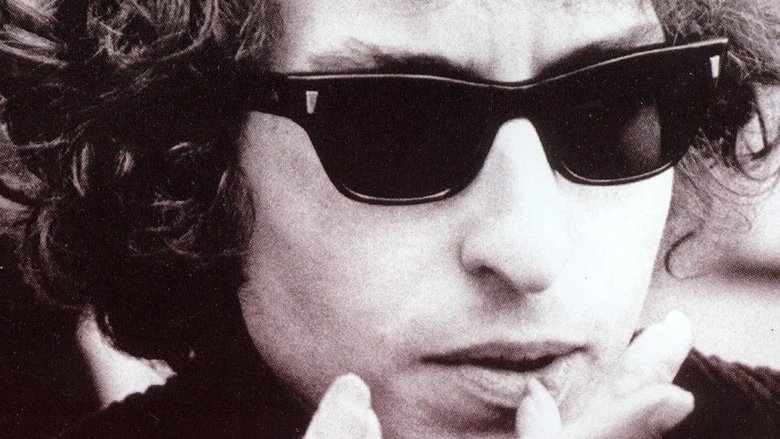
Documentary - Tracing his career up to the point of his 1966 motorcycle accident and subsequent disappearance from the spotlight, this unauthorized documentary uncovers a side of Bob Dylan never revealed before. Includes extensive interviews and rare footage. - Mickey Jones
Chronicles the 50-year career of singer/songwriter Jean Ritchie, from Viper, Kentucky to the New York stage. Pete Seeger, Arlo Guthrie, and her family and friends in Eastern Kentucky are among those interviewed. A 1996 KET production.
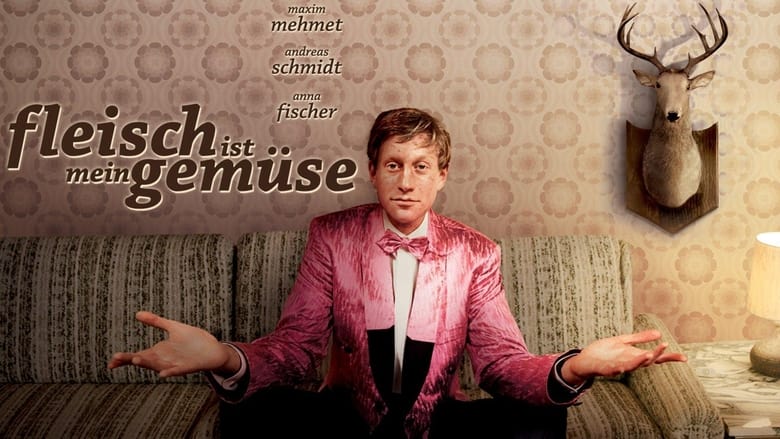
Heinz Strunk, plagued by crater-like skin rashes, lives with his sick mother in Hamburg-Harburg in the 1980s. As a saxophonist, he tours the North German lowlands with the dance combo "Tiffanys". In this bizarre universe of Korn, Klaus & Klaus and Koteletts, bandleader Gurki teaches him how to deliver cheerful, upbeat music. To escape the vicious circle of shooting festivals and village weddings, Heinz wants to start a solo career and become a hit producer...
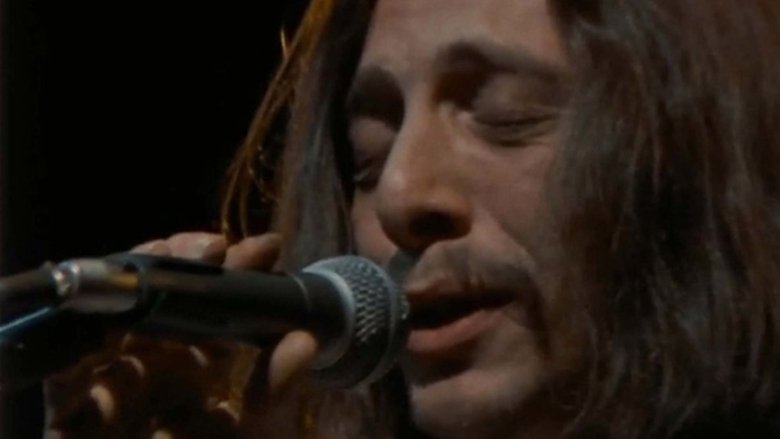
Through concerts and interviews, folk-progressive group Harmonium takes Quebec culture to California. This documentary full of colour and sound, filmed in California in 1978, recounts the ups and downs of the journey of the Quebec musical group Harmonium, who came to feel the pulse of Americans and see if culture, their culture, can succeed in crossing borders.
Paul Robeson was a celebrated African-American Actor, Athlete, Singer, Writer, and Civil Rights Activist. Robeson's many achievements are chronicled in this program, ranging from playing with the NFL to graduating from Columbia Law School, performing on Broadway and in Hollywood films to founding the American Crusade against Lynching as well as Council on African Affairs. Robeson was one of the most talented performers of his time and a dedicated humanitarian who ultimately sacrificed fame and fortune for what he believed in. His association with Leftist Politics during the era of the Cold War, and frequent denouncing of American political parties led to his eventual blacklisting with other prominent writers and artists during the McCarthy Era. His talents in all areas are remarkable, and his dedication to attaining a peaceful coexistence between all the people of the world is truly admirable.
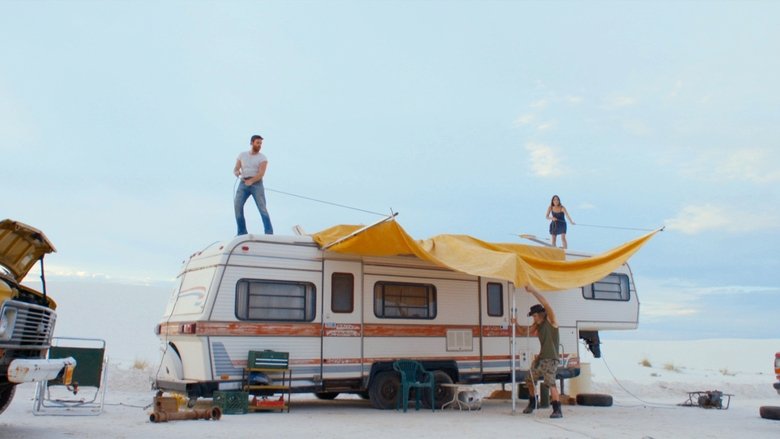
Two strangers, both folk musicians stranded in California, take a road trip to New York in the days after 9/11. A story about the kindness of strangers and the power of music.
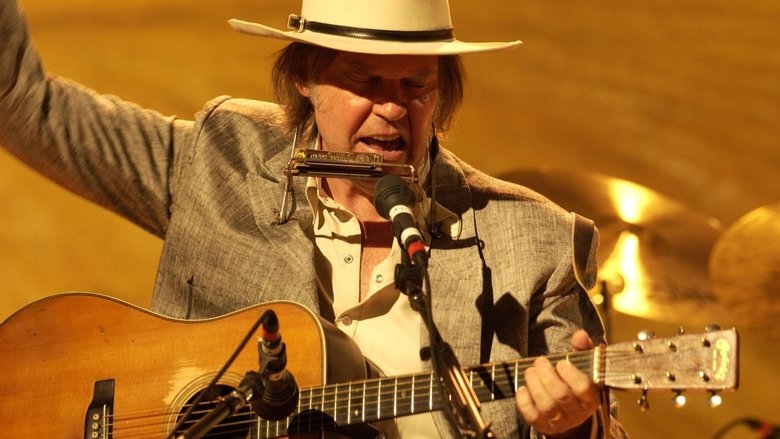
In March 2005, Neil Young was diagnosed with a brain aneurysm. Four days before he was scheduled for a lifesaving operation, he headed to Nashville, where he wrote and recorded the country folk album Prairie Wind with old friends and family members. After the successful operation and recovery period, he returned to Nashville that August to play at the famed Ryman Auditorium, once again gathering together friends and family for this special performance.
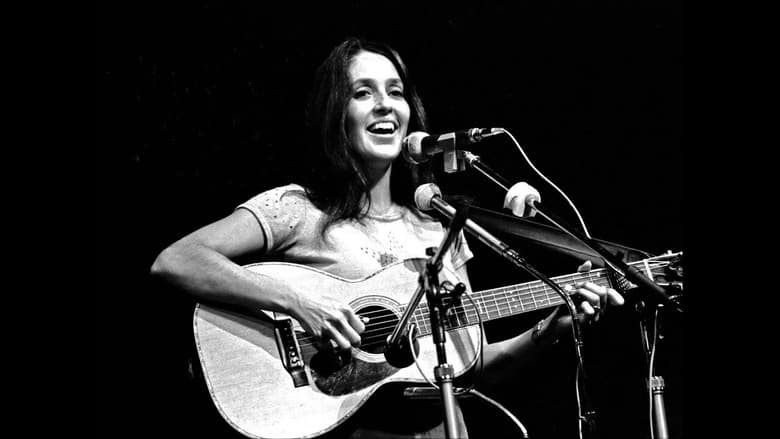
Following folk musician Joan Baez on her extensive 2008-2009 tour, this film commemorates her career, which has spanned five decades. It includes concert and archival footage as well as interviews with such disparate colleagues, friends and admirers as Bob Dylan, Jesse Jackson and David Crosby. In addition to the music, it also touchs upon Baez's long history of global social activism.
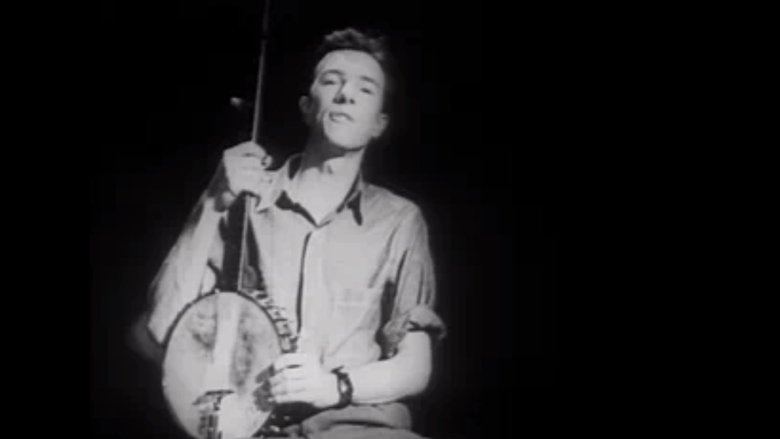
A short film about Pete Seeger and the birth of banjo music throughout the Southern United States.
A documentary on the surviving syncretic pagan midwinter customs of the British Isles, focusing on nine ritual celebrations ranging from the Moray Firth in the north, the Somerset Levels in the south, Humberside in the east, and County Kerry in the west. Featuring music by the Albion Band and narration by John Tams.
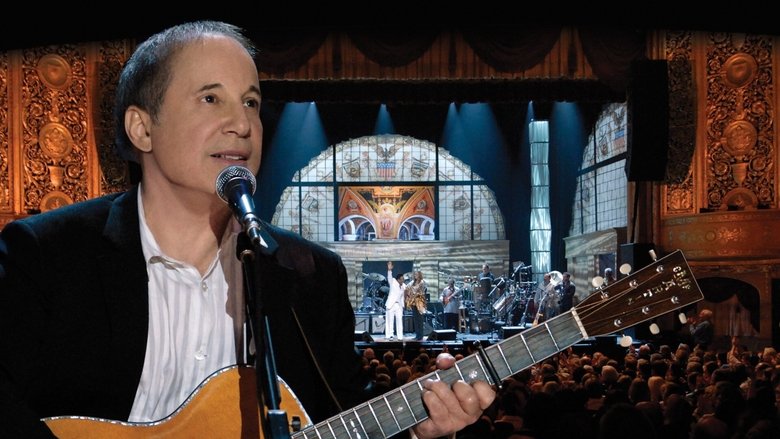
The Library of Congress Gershwin Prize for Popular Song will honor either a songwriter, interpreter, or singer/songwriter whose career reflects lifetime achievement in promoting the genre of song as a vehicle of artistic expression and cultural understanding. Paul Simon, one of America's most respected songwriters and musicians, was the recipient of the first annual Library of Congress Gershwin Prize for Popular Song. Named in honor of the legendary George and Ira Gershwin, the award recognizes the profound and positive effect of popular music on the world's culture.
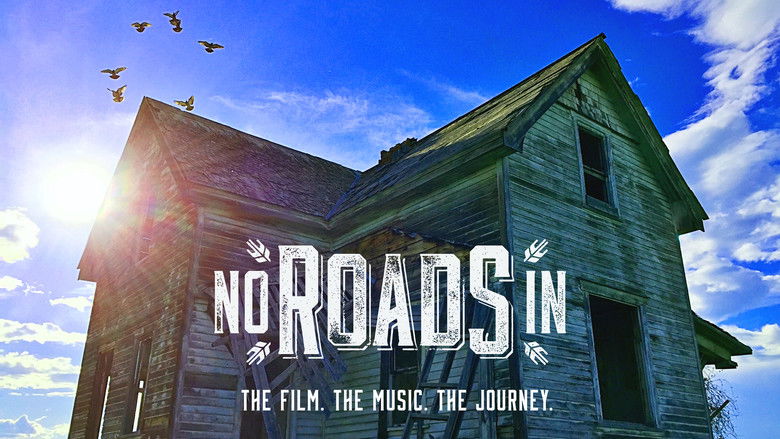
An abandoned homestead, twelve songs and five days to cut an album. A journey into how the power of music transforms our life.

An intimate look into the lives of one of the most iconic folk-rock bands in America - the Indigo Girls. With never-before-seen archival and intimate vérité the film dives into the songwriting and storytelling of the music that transformed a generation.
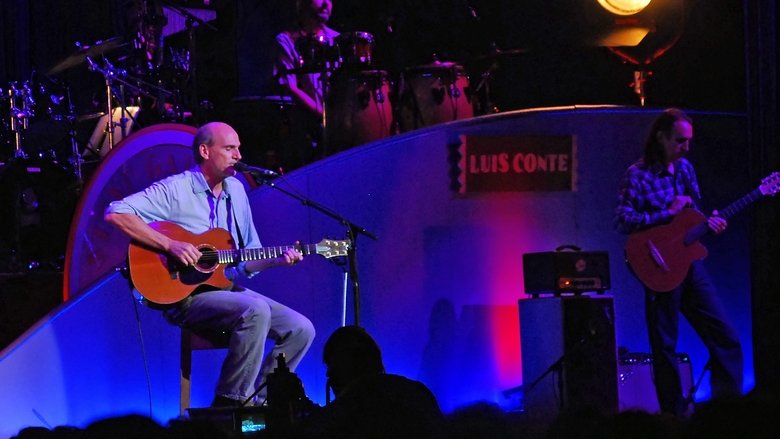
Songs: Everyday, That's Why I'm Here, Only One, Frozen Man, On the 4th of July, Whenever You're Ready, Raised Up Family, Mexico, Steamroller Blues, Carolina in My Mind, Millworker, Sun on the Moon, Junkie's Lament, Copperline, Shed a Little Rain, Fire and Rain, You've Got a Friend, Your Smiling Face, How Sweet It Is (To Be Loved by You), Traffic Jam, Knock on Wood, You Can Close Your Eyes, Sweet Baby James Behind the scenes: the making of October Road Biography and discography
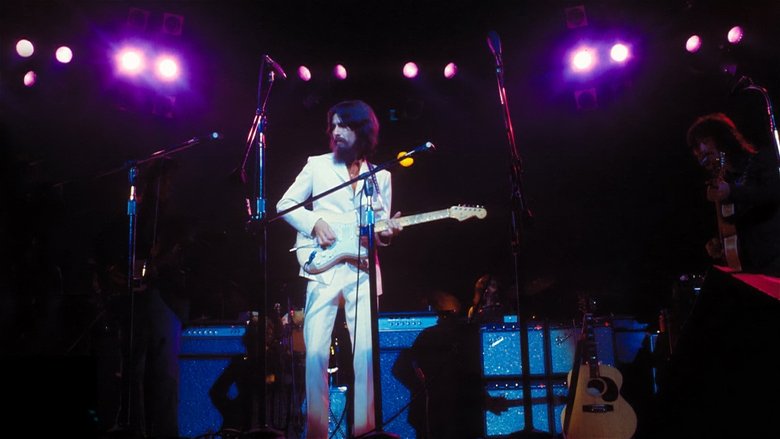
A film about the first benefit rock concert when major musicians performed to raise relief funds for the poor of Bangladesh. The Concert for Bangladesh was a pair of benefit concerts organised by former Beatles guitarist George Harrison and Indian sitar player Ravi Shankar. The shows were held at 2:30 and 8:00 pm on Sunday, 1 August 1971, at Madison Square Garden in New York City, to raise international awareness of, and fund relief for refugees from East Pakistan, following the Bangladesh Liberation War-related genocide.
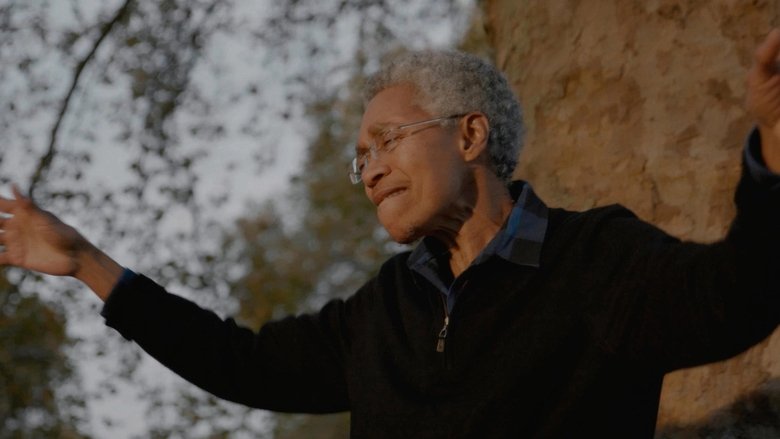
As a sci-fi obsessed woman living in near isolation, Beverly Glenn-Copeland wrote and self-released Keyboard Fantasies in Huntsville, Ontario back in 1986. Recorded in an Atari-powered home-studio, the cassette featured seven tracks of a curious folk-electronica hybrid, a sound realized far before its time. Three decades on, the musician – now Glenn Copeland – began to receive emails from people across the world, thanking him for the music they’d recently discovered.
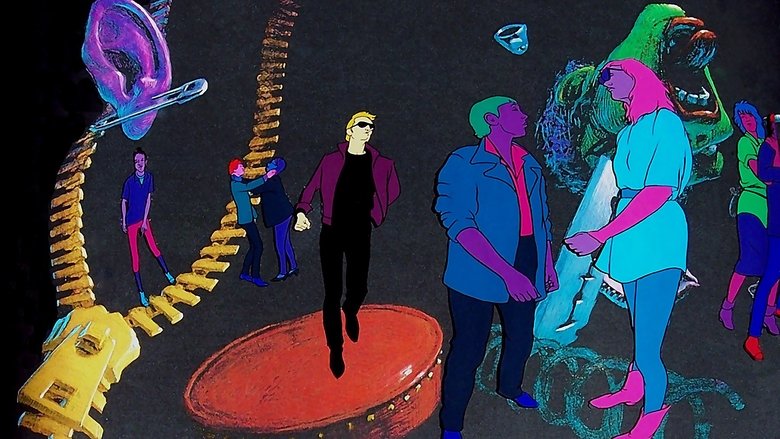
The history of American popular music runs parallel with the history of a Russian Jewish immigrant family, with each male descendant possessing different musical abilities.
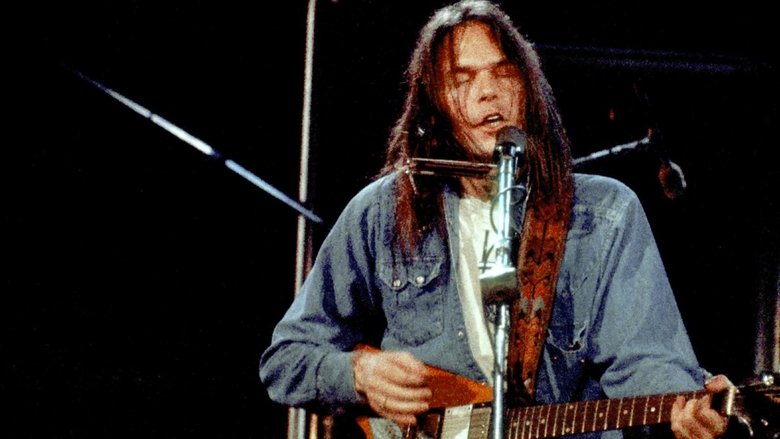
This television special is a first for the reclusive singer with the BBC documentary gaining new interviews with Young, nine months apart in New York and California. The documentary also looks back over the singer's archives, with some never-seen-before material.